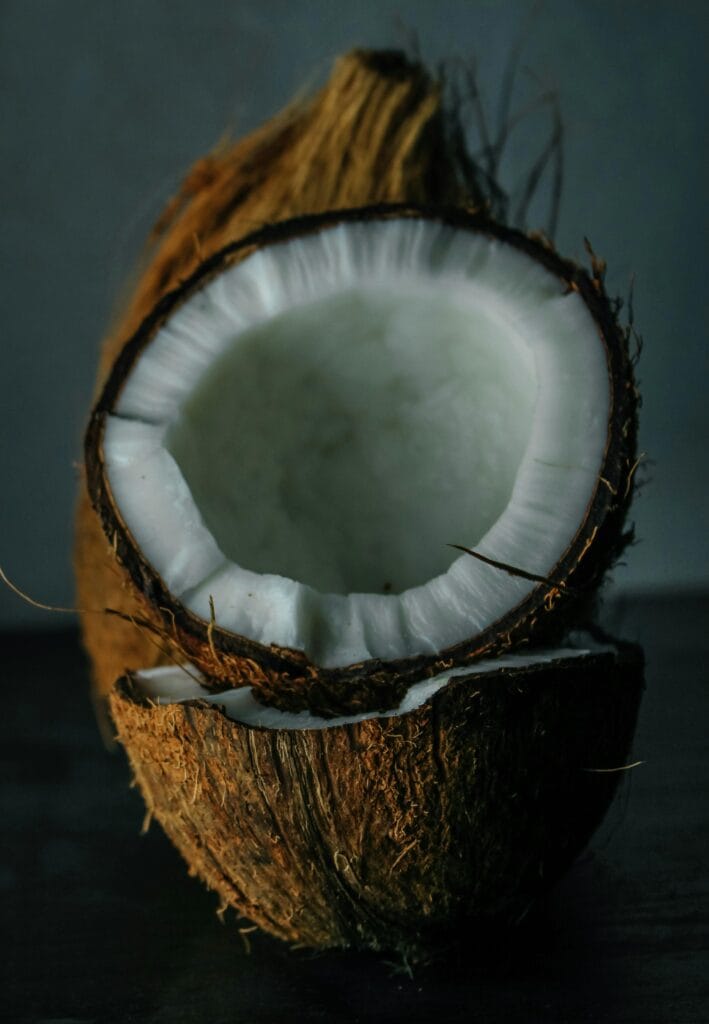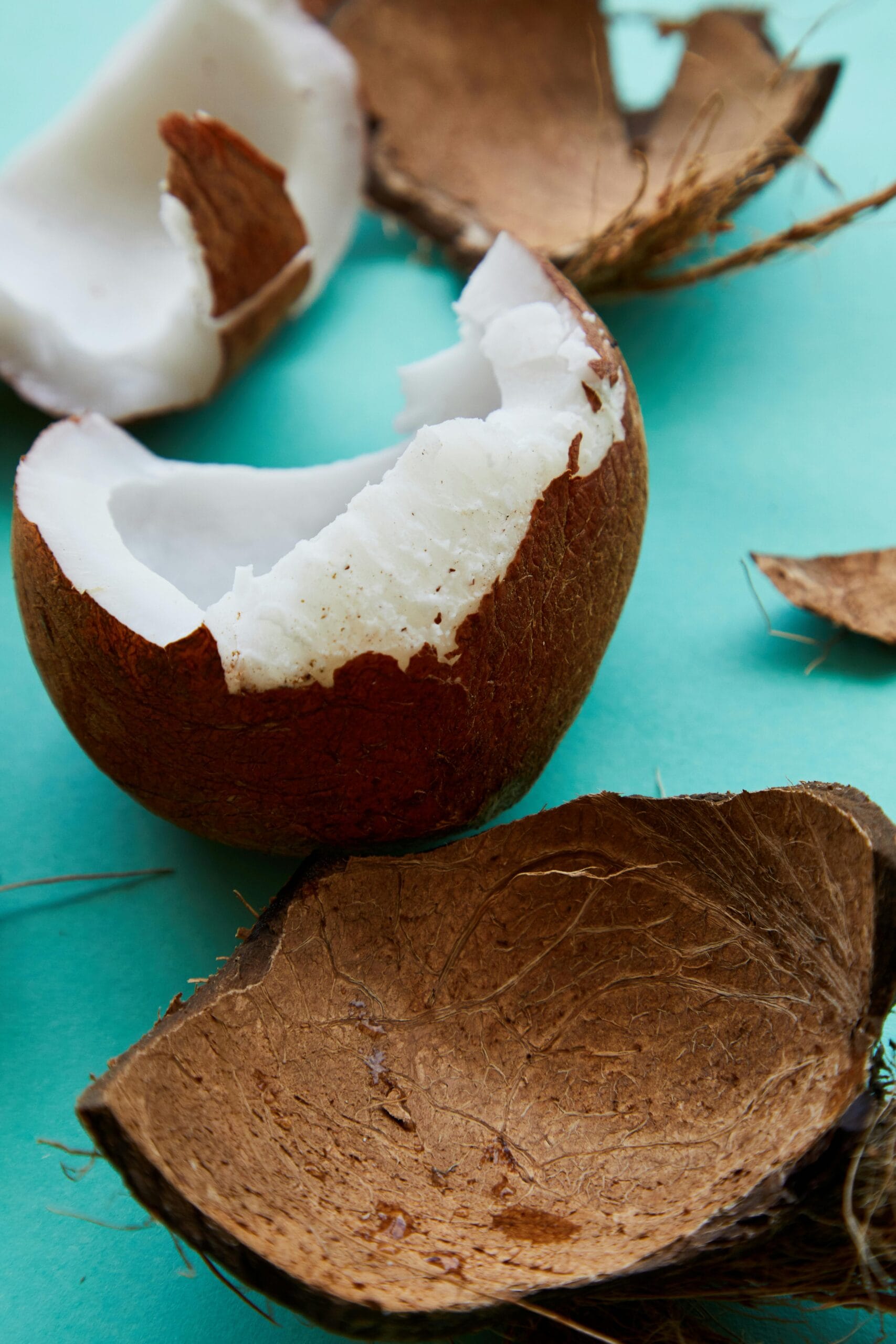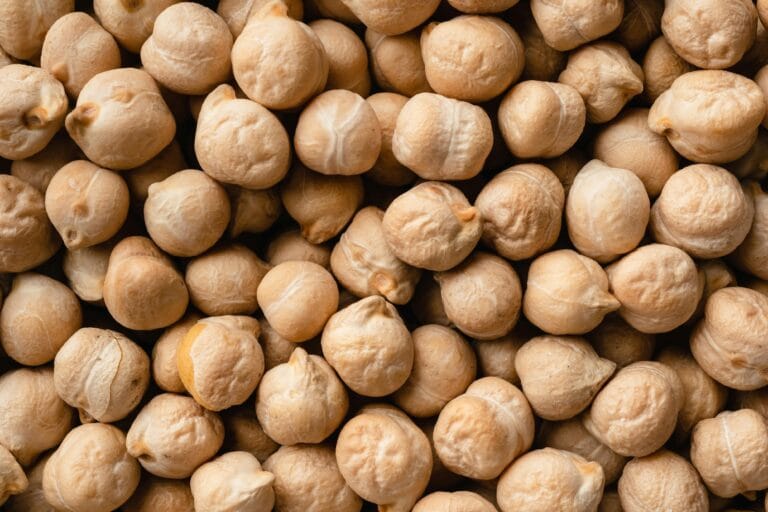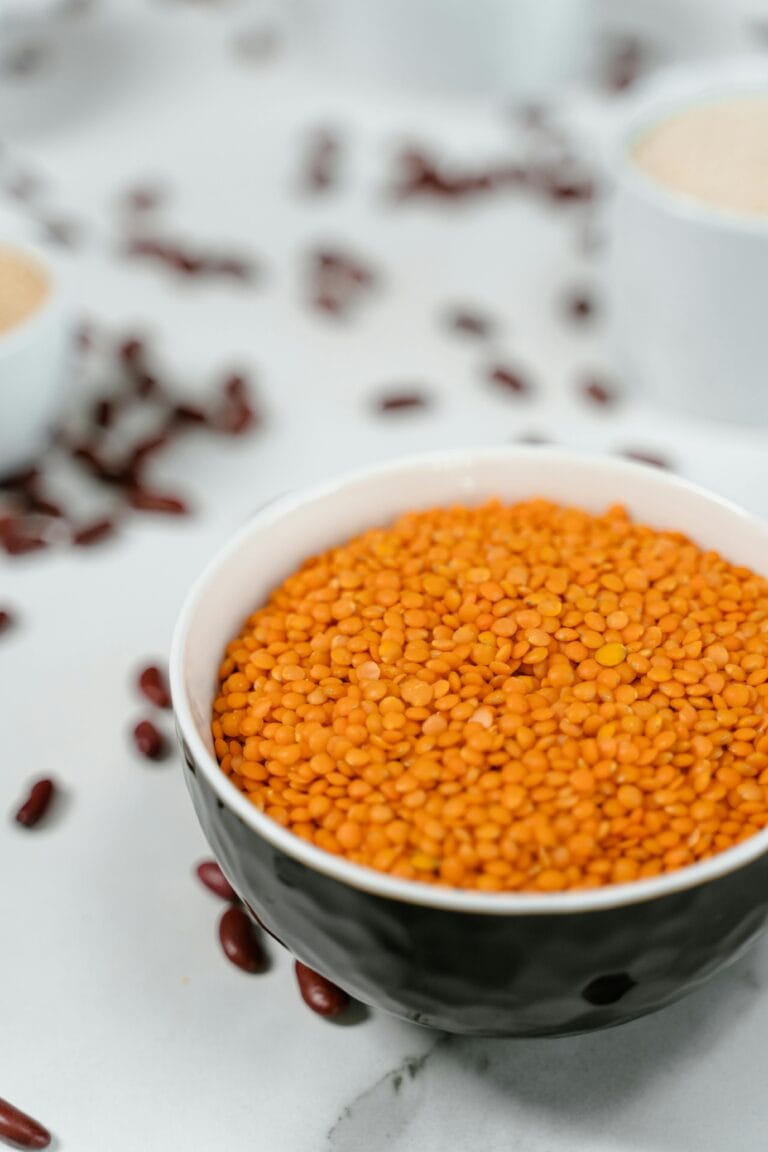Health Benefits of Coconut
Coconut, often hailed as a superfood, boasts a rich nutritional profile that includes essential vitamins, minerals, and healthy fats. The consumption of various parts of the coconut tree, including the water, flesh, and oil, can significantly contribute to overall health. Notably, coconut contains medium-chain triglycerides (MCTs), which are known to enhance heart health. MCTs can help raise good cholesterol levels, potentially lowering the risk of cardiovascular diseases.
Another prominent benefit of coconut is its immune-boosting properties. The lauric acid found in coconut oil is known for its antimicrobial and antiviral actions, enabling the body to better fend off infections. This unique composition makes coconut an excellent addition to a diet aimed at enhancing immunity.
Coconuts are also an excellent source of dietary fiber, which is crucial for good digestion. The fiber content aids in preventing constipation and contributes to a healthy gut microbiome. Regular consumption of coconut may support digestive health, helping to maintain regular bowel movements and a balanced digestive system.
For individuals managing weight, the inclusion of coconut can be advantageous. The MCTs present in coconut are metabolized differently than long-chain fatty acids, leading to increased energy expenditure and a sensation of fullness. This unique characteristic may assist individuals in maintaining a healthy weight when combined with a balanced diet and lifestyle.
Beyond dietary benefits, coconut oil plays a significant role in promoting skin and hair health. Its natural moisturizing properties make it a popular ingredient in numerous skincare and haircare products, reducing dryness and improving overall texture. Studies have suggested that coconut oil can enhance skin hydration and provide protective benefits against UV rays.
Scientific research continues to support the numerous health claims associated with coconut, affirming its place as a valuable component of a nutritious diet. Overall, incorporating coconut and its derivatives into daily routines can lead to substantial improvements in health and well-being.
Daily Uses of Coconut

Coconut is a remarkable fruit that offers both versatility and array of health benefits, making it a staple in various aspects of daily life. One of the most popular culinary uses of coconut is in the form of coconut milk. This creamy liquid is derived from the flesh of the coconut and is widely used as a dairy alternative in many recipes. Rich in vitamins and minerals, coconut milk enhances both the nutritional value and flavor profile of soups, curries, smoothies, and desserts. Additionally, shredded coconut serves as a delightful topping for baked goods, such as cookies and cakes, imparting a natural sweetness and texture.
Beyond culinary applications, coconut oil has gained immense popularity for its multifaceted benefits, especially in skincare. This oil is praised for its moisturizing qualities and is often used in creams, lotions, and hair conditioners. Its antifungal and antibacterial properties make coconut oil an excellent choice for maintaining healthy skin and hair. Furthermore, coconut oil can be used as a natural makeup remover or added to bath products for an indulgent experience.
Coconut products extend their utility into household cleaning as well. The natural disinfectant properties of coconut oil make it an effective ingredient for DIY cleaning solutions. Mixing coconut oil with baking soda can create a natural scrub for cleaning kitchen surfaces, while its antibacterial properties can repel harmful bacteria, providing a fresher environment.
For those looking to incorporate coconut into their daily routines creatively, options abound. Coconut water, a refreshing beverage, is rich in electrolytes and serves as a natural hydrator. Alternatively, coconut flour can be a gluten-free baking option for those with dietary restrictions. This rich variety of uses highlights the coconut’s incredible versatility and its ability to seamlessly fit into various lifestyles.
Top Producing Countries of Coconut

Coconuts, recognized for their versatile uses and nutritional benefits, thrive in tropical climates, resulting in significant global production concentrated in specific regions. Major coconut-producing countries include Indonesia, the Philippines, India, and Brazil, among others. These nations benefit from warm, humid weather and rich soil, essential for cultivating coconut palm trees effectively.
Indonesia stands as the world’s largest producer of coconuts, contributing a substantial percentage to the global supply. The country’s extensive coastline and favorable climatic conditions facilitate the growth of coconut palms. The economic significance of coconut production in Indonesia cannot be overstated, as it supports countless livelihoods through the cultivation, processing, and export of coconut products such as coconut oil, water, and desiccated coconut.
The Philippines ranks second in coconut production and is renowned for its high-quality coconuts. Filipino farmers utilize traditional and modern cultivation practices, enhancing yield quality and sustainability. The coconut industry has become a vital part of the nation’s economy, contributing significantly to rural development and providing opportunities for young entrepreneurs engaged in coconut-based businesses.
India also plays a crucial role in global coconut production, with states like Kerala, Tamil Nadu, and Karnataka being major contributors. The Indian government has implemented various initiatives to improve coconut farming techniques, promote value-added products, and support farmers within the sector. These efforts encourage not only economic growth but also food security, as coconuts are an essential food source rich in vitamins and minerals.
In addition to these principal producers, countries like Brazil, Sri Lanka, and Thailand contribute to the global coconut market, showcasing effective farming practices. The impact of climate on coconut farming is significant; regions with consistent rainfall, warm temperatures, and minimal climatic disruptions are more likely to sustain high-yield coconut plantations.
Coconut’s Role in Sustainable Practices

The cultivation of coconut has garnered attention for its potential to align with sustainable practices, particularly in terms of organic farming methods and ethical sourcing. As the demand for natural and organic products increases, coconut farms adopting these methods play a significant role in enhancing the ecosystem. Organic coconut farming avoids harmful pesticides and fertilizers, employing natural processes that promote soil health, water conservation, and biodiversity. This method not only yields wholesome coconuts rich in vitamins and minerals but also nurtures the environment by improving agricultural sustainability.
Ethical sourcing is critical in the coconut industry, as it ensures that farmers receive fair compensation for their labor while promoting community development. By supporting brands that prioritize ethical practices, consumers can foster a more equitable supply chain. This practice also encourages the use of renewable resources, reducing the reliance on non-sustainable materials, which ultimately benefits both the environment and the local economy.
The environmental benefits of coconut cultivation extend beyond organic farming and ethical sourcing. Coconuts are known for their ability to thrive in harsh climates, helping to preserve soil and prevent erosion. Additionally, the palm’s structure contributes to carbon sequestration, assisting in mitigating climate change. Furthermore, various coconut by-products, such as coir, coconut water, and coconut oil, can be utilized across multiple industries including cosmetics, food, and textiles. This promotes a circular economy where waste is minimized, and resources are efficiently used, showcasing the versatility of the coconut.
In conclusion, the coconut industry has robust potential to foster sustainable practices that not only support environmental well-being but also ensure economic viability for farming communities. Consumers educated about these practices can make informed choices, ultimately promoting a healthier planet and society.









